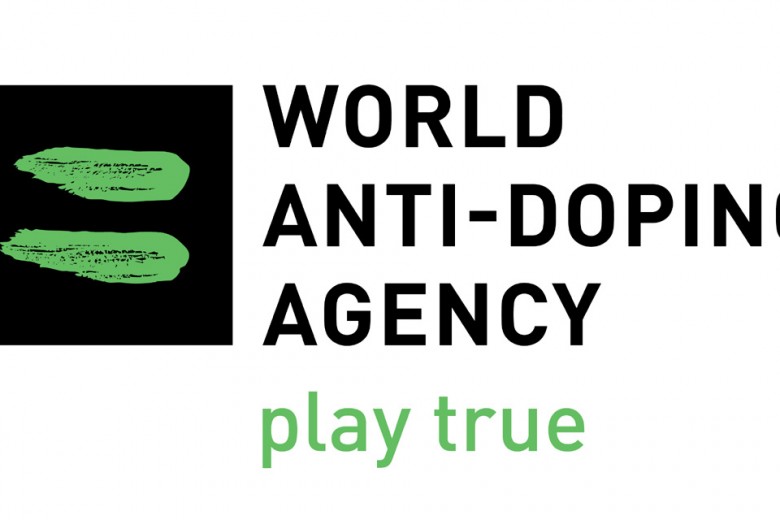As the Tokyo 2021 Olympic Games rapidly approach, the World Anti-Doping Agency (WADA) has ramped up testing levels.
Since the COVID-19 pandemic began in March 2020, testing levels diminished due to the lack of competition and national-level suspension of sample collection. Some countries, like Canada, opted to suspend anti-doping testing entirely for a period due to COVID-19 related safety concerns. Both Canada and Russia had suspended test-collection during the beginning stages of the pandemic (March), but both countries have since re-instituted their test collection efforts. Between April 2020 and June 2020, only 14,410 tests were conducted by WADA. The year before, 79,269 tests were administered during the same time period.
The agency cites another statistic in their recognition of the recent increase in tests performed. WADA claims that “in March 2021, 22,649 samples were collected by 145 ADOs, the highest number of samples recorded since the pandemic started in March 2020.”
WADA attributes the rise in anti-doping testing to both the increase in competition and their recent focus on out-of-competition testing. Vaccination levels continue to rise globally, which has allowed WADA to remain vigilant in their testing efforts, especially as the timeline to the Olympic Games shrinks.
Although aquatics associations worldwide are working to provide competition for athletes during the pandemic, the level of competition is “comparatively low” when earlier years are taken into consideration. Typically, tests administered in-competition make up about 45-50% of all tests collected.
While “WADA’s number-one priority remains public safety,” they claim that the levels of out-of-competition testing are now fully back to normal. WADA president Witold Bańka asserts the importance of “returning to full power as quickly and safely as possible” in order to ensure the integrity of anti-doping programs worldwide.
Recently, WADA has joined forces with the Pre-Games Testing Group, which strives to guarantee that all “athletes competing at the Olympic Games have been subject to a suitable level of testing in the lead-up to the Games.” The Pre-Games Testing Group is coordinated by the International Testing Agency, who works in accordance with the International Olympic Committee (IOC).
In their collaboration with the IOC, WADA will support a long-term sample storage facility and program, which will allow International Federations and National Anti-Doping Organizations to store the samples of Olympic athletes for up to 10 years, which could prove useful in future investigations beyond the Olympic Games. WADA will also provide an accredited laboratory in Tokyo to analyze samples collected at the Games.
In March of 2020, the agency was quick to publish new guidelines for their anti-doping efforts, which focused on creating “strict health-focused” protocols and sample-collection procedures. These guidelines would be amended in May of 2020, and again in November. According to a summary of the guidelines published by WADA in March of 2020, the guidelines touch on a number of areas, including “provision of whereabouts information, sample collection and transport to laboratories, sample analysis, education programs, investigations, result management, therapeutic use exemptions, compliance and other activities and obligations covered by the World Anti-Doping Program.”
As WADA president Witold Bańka stated during the early stages of the pandemic, the agency would follow restrictions put in place by nations and adjust as those restrictions lifted. The agency has done just that: working accordingly with the ebb and flow of the COVID-19 pandemic with the goal still being to return to full testing capacity as quickly and safely as possible.
The Athlete Biological Passport has played an important role during the pandemic, as it allows for long-term storage of testing samples collected. The program also allows WADA officials to follow any intelligence leads through what is known as “target testing,” i.e., “specific analysis or the opening of an investigation.”

It’d be interesting to know how the testing levels varied from country to country during the pandemic.
Did people including athletes take more or fewer PEDs?